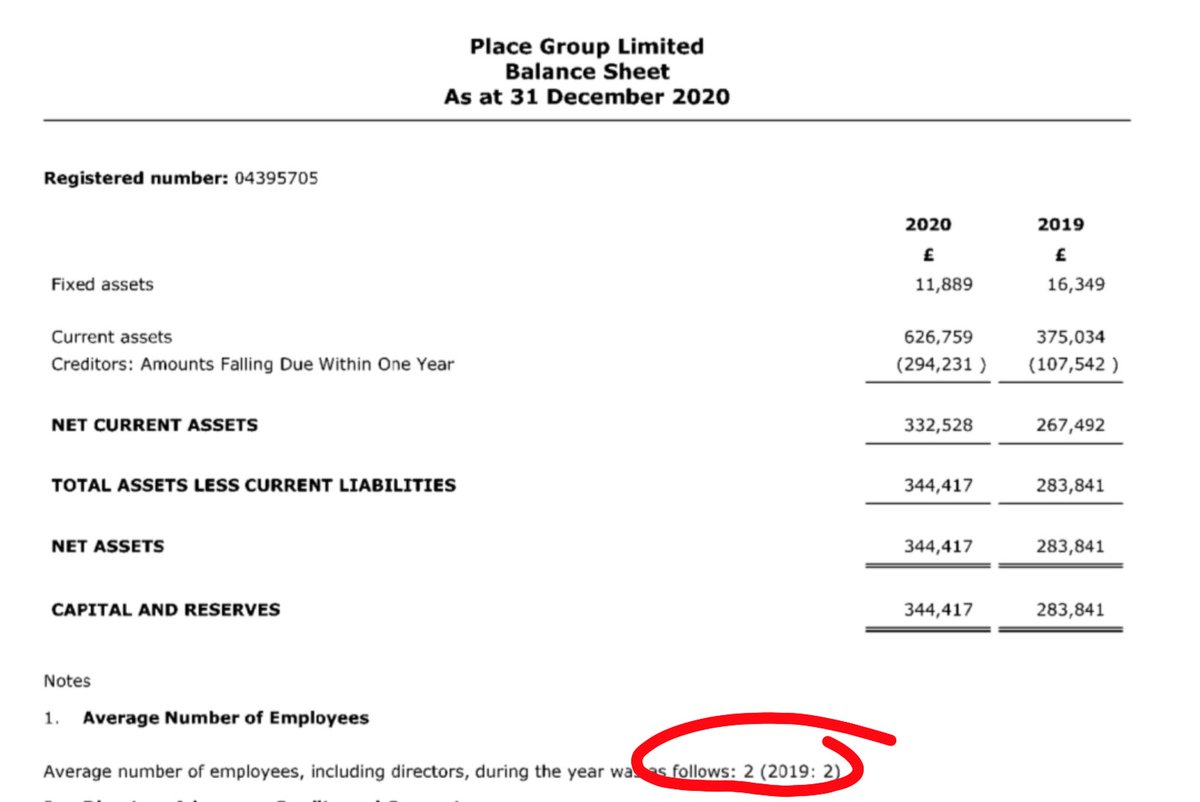Some quick reflections on that first session of these historic (pre-)negotiations.
https://twitter.com/alexcobham/status/1759958303340171562
1. The blockers' lines are clear and they were echoed by some of the more 'neutral' OECD members as well as the hardcore havens:
* Do not duplicate or risk the work of the OECD
* Require full consensus for any decisions, regardless of how long the process then takes
* Do not duplicate or risk the work of the OECD
* Require full consensus for any decisions, regardless of how long the process then takes
2. But the blockers have also ceded ground in important areas:
* The call for consensus followed the acceptance of UNGA rules - so this was a lament, not a push for change
* Every delegate spoke of inclusion as well as effectiveness - some only lip service but some quite genuine
* The call for consensus followed the acceptance of UNGA rules - so this was a lament, not a push for change
* Every delegate spoke of inclusion as well as effectiveness - some only lip service but some quite genuine
3. The active support from across the G77 was clear on the central importance of inclusion, and so the balance is clear: the terms of reference must, surely, create the basis for a genuinely inclusive intergovernmental forum for tax rule-setting
You can see three questions looming:
i. What does it mean to 'build on' existing work?
ii. How much of the substance should be considered at this stage?
iii. Will the OECD membership split?
i. What does it mean to 'build on' existing work?
ii. How much of the substance should be considered at this stage?
iii. Will the OECD membership split?
On (i), does building on existing work mean taking principles or technical work from OECD processes (going beyond arm's length pricing to unitary tax, for example, or multilateral automatic info exchange), and ensuring the benefits are fully shared? Or should OECD have a role?
One (OECD) representative talked of OECD and @ATAFtax in the same breath, which is the obvious answer: the OECD should simply be a source of technical expertise hub for its members, as they participate in a global process.
On (ii), the blockers are pushing for detailed discussions of substance already, but also against the consideration of early protocols - so all the talk, but none of the action. It's hard to see how this position will hold, but the tactics of opposition are clear: go slow.
The stated commitment of leading supporters for early protocols to deliver quick wins is exciting. There is clear scope to adapt existing approaches so that the benefits of tax transparency and cooperation are immediately made inclusive.
And where the principles are broadly agreed (e.g. for automatic info exchange or access to country by country reporting data), there is *no* serious basis to argue that non-OECD members should continue to be excluded.
If the rhetoric of inclusive and effective cooperation means anything at all for the blockers, the case for early protocols that bring every UN member into the benefits of info access are abundantly clear and may prove irresistible.
That takes us to (iii). From the threatening stance of the US above all (to paraphrase, 'going this divisive path risks losing any benefits for developing countries'), some may resist even the most basic sharing of access. There's a reason US is #1 in Financial Secrecy Index.
But almost everything that the US (and many smaller havens) object to, is also largely the agenda that the EU has for itself - moving to formulary apportionment, public beneficial ownership, full info exchange, etc.
Yet the US makes all of these EU aims problematic at the OECD - even though the EU makes up the majority of the OECD's membership.
When does the EU, or some of its members, realise that the UN offers the way to achieve what they want for themselves, and should want for others?
When does the EU, or some of its members, realise that the UN offers the way to achieve what they want for themselves, and should want for others?
Today showed a few of the cracks, between the most hardcore OECD-or-nothing EU members, and those looking more openly at the case for mutual gains and for greater inclusion. Watch this space! #UNTaxConvention
@threadreaderapp unroll please
• • •
Missing some Tweet in this thread? You can try to
force a refresh







